
Buada: The Heart of Nauru's Hidden Paradise
Nestled in the southwestern part of Nauru, Buada is a serene and picturesque district that offers a unique glimpse into the island's culture and natural beauty. This small but enchanting area is home to the famous Buada Lagoon, a freshwater lake surrounded by lush vegetation and tropical flora, making it a perfect spot for nature enthusiasts and those seeking tranquility. Buada is one of the most verdant parts of Nauru, providing a stark contrast to the island's more barren, phosphate-mined areas. As you explore the district, you'll find the traditional Nauruan lifestyle alive and well, with locals going about their daily activities in a setting that feels worlds away from the hustle and bustle of modern life. The lagoon itself is a peaceful retreat, ideal for a leisurely walk or a quiet moment of reflection. While Buada may not boast the bustling attractions of larger tourist destinations, its charm lies in its simplicity and natural beauty. Visitors can enjoy a more intimate and authentic experience, gaining insight into the island's history and culture. From the friendly locals to the stunning landscapes, Buada is a must-visit for those looking to discover the hidden gems of Nauru.
Local tips in Buada
- Pack light, breathable clothing as Nauru has a tropical climate.
- Carry cash, as credit card facilities are limited in Nauru.
- Respect local customs and traditions; always ask for permission before taking photos of people.
- Visit Buada Lagoon early in the morning for the best light and fewer crowds.
- Try to interact with the locals to learn more about Nauru's history and culture.
Buada: The Heart of Nauru's Hidden Paradise
Nestled in the southwestern part of Nauru, Buada is a serene and picturesque district that offers a unique glimpse into the island's culture and natural beauty. This small but enchanting area is home to the famous Buada Lagoon, a freshwater lake surrounded by lush vegetation and tropical flora, making it a perfect spot for nature enthusiasts and those seeking tranquility. Buada is one of the most verdant parts of Nauru, providing a stark contrast to the island's more barren, phosphate-mined areas. As you explore the district, you'll find the traditional Nauruan lifestyle alive and well, with locals going about their daily activities in a setting that feels worlds away from the hustle and bustle of modern life. The lagoon itself is a peaceful retreat, ideal for a leisurely walk or a quiet moment of reflection. While Buada may not boast the bustling attractions of larger tourist destinations, its charm lies in its simplicity and natural beauty. Visitors can enjoy a more intimate and authentic experience, gaining insight into the island's history and culture. From the friendly locals to the stunning landscapes, Buada is a must-visit for those looking to discover the hidden gems of Nauru.
When is the best time to go to Buada?
Iconic landmarks you can’t miss
Capelle and Partner
Explore Capelle and Partner in Ronave for an unforgettable shopping experience filled with local culture, diverse shops, and delightful dining options.
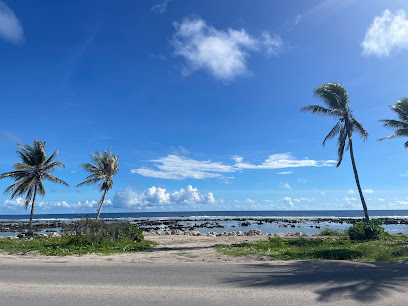
Ewa Lodge
Experience the serene charm of Ewa Lodge in Ronave, your perfect retreat for relaxation and adventure amidst stunning tropical landscapes.
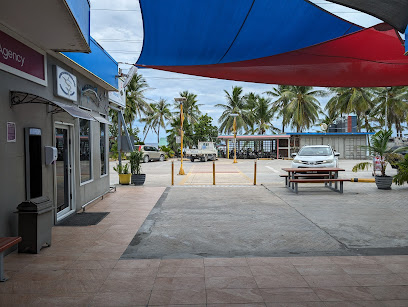
Budapest Hotel
Discover the charm of Budapest Hotel in Anabar, where comfort meets local hospitality in a breathtaking setting.
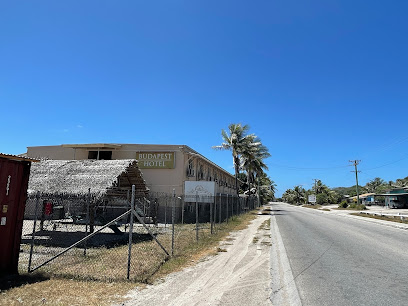
Geography of Nauru
Explore the hidden gem of Nauru, a tropical paradise with stunning landscapes, rich culture, and unique adventures waiting to be discovered.
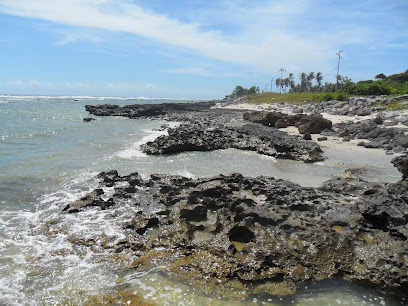
Parliament House
Explore the stunning Parliament House in Yaren, a remarkable blend of modern architecture and political history in Nauru.
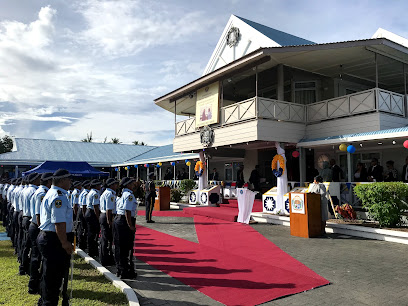
Nauru
Explore the pristine landscapes and rich culture of Nauru, a hidden island gem in the Pacific that promises adventure and tranquility.
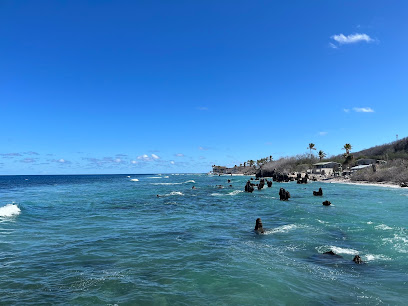
Chinese Restaurant Buada
Experience the rich flavors of China at the charming Chinese Restaurant Buada in Arenibek, where authentic cuisine meets warm hospitality.

Anibare Bay
Experience the serene beauty and vibrant marine life at Anibare Bay, a stunning coastal paradise on the island of Nauru.
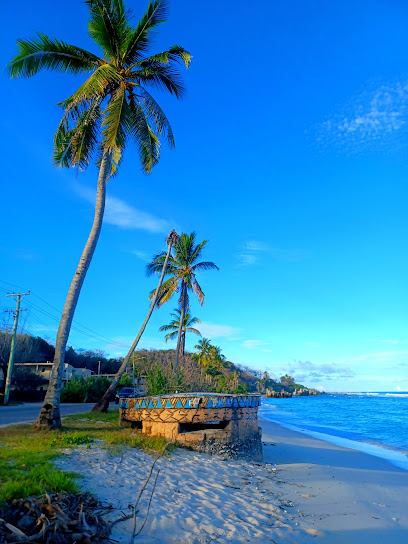
Buada Lagoon
Discover the serene beauty of Buada Lagoon, a hidden gem in Nauru perfect for relaxation, photography, and cultural experiences.
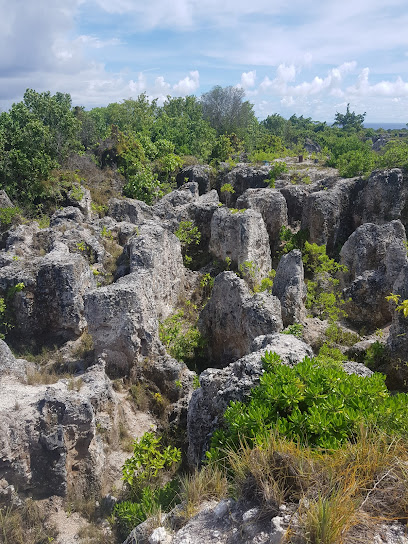
Moqua Well
Experience the natural beauty and tranquility of Moqua Well, an idyllic freshwater lake in Niue perfect for swimming and relaxation.
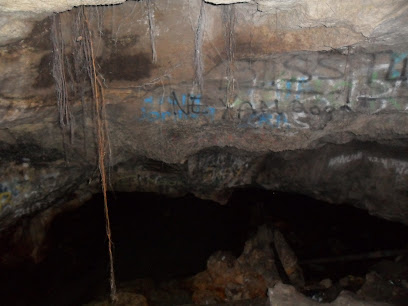
Ubweno Buada
Experience the natural beauty and tranquil ambiance of Ubweno Buada Park in Arenibek, a perfect escape for relaxation and outdoor enjoyment.
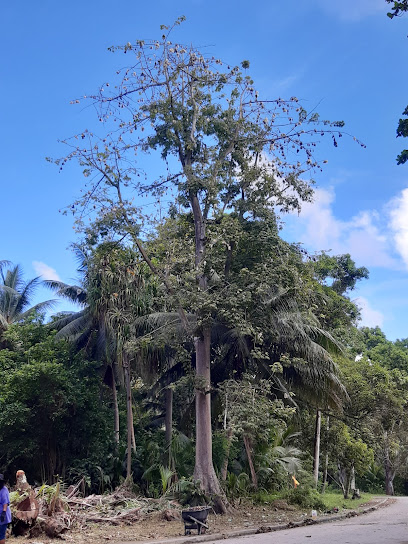
Central Plateau
Explore the Central Plateau: A Nature Lover's Paradise with Stunning Views and Rich Cultural Experiences in the Heart of the Landscape.

Buada National Park
Discover the breathtaking landscapes and diverse wildlife of Buada National Park, a must-visit hiking destination in Arenibek.

Moqua Caves
Discover the hidden beauty and cultural significance of Moqua Caves in Yaren, a must-see natural attraction brimming with geological wonders.

Unmissable attractions to see
Buada Lagoon
Experience the serene beauty of Buada Lagoon in Arenibek, a tranquil retreat perfect for relaxation and nature exploration.
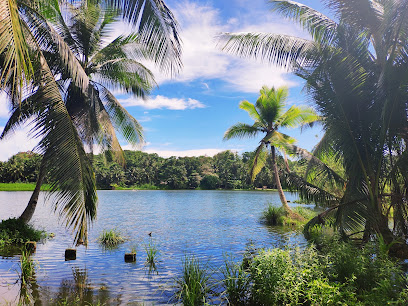
Command Ridge
Discover breathtaking vistas at Command Ridge, a mountain peak offering tranquility, adventure, and a glimpse into nature's beauty.

Moqua Well
Explore the serene beauty of Moqua Well in Nauru, a tranquil lake surrounded by lush landscapes, perfect for relaxation and nature lovers.
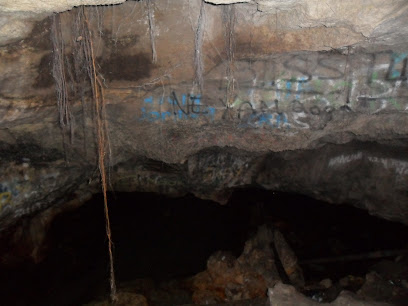
Essential places to dine
The Bay Restaurant
Experience delightful local cuisine with stunning coastal views at The Bay Restaurant in Anibare.
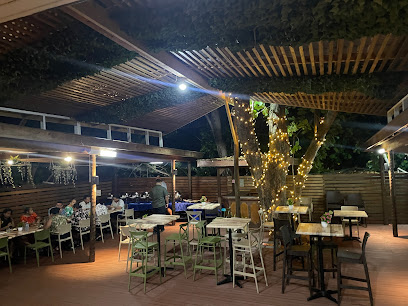
OMG Sushi Restaurant
Experience exceptional sushi in Orro at OMG Sushi Restaurant – where fresh ingredients meet authentic Japanese flavors.
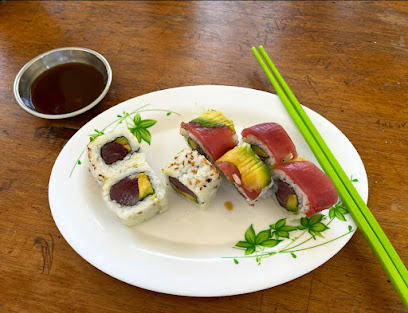
Mr Chippies
Experience local flavors at Mr Chippies in Anibare - where every dish tells a story.
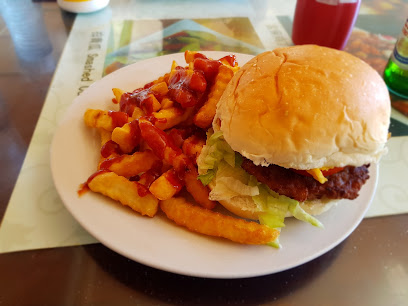
Star Kingdom
Experience authentic Asian cuisine at Star Kingdom in Boe - where every dish tells a story through flavor.
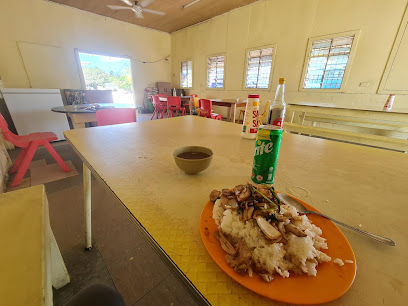
Chinese Restaurant Buada
Discover authentic Chinese flavors at Chinese Restaurant Buada in Arenibek, where every dish tells a story.

Praises Restaurant
Discover authentic Chinese flavors at Praises Restaurant in Anabar, where tradition meets taste in every dish.
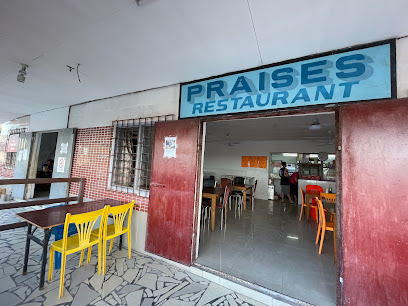
Anibare Boat Harbour Restaurant
Experience authentic Nauruan cuisine with stunning ocean views at Anibare Boat Harbour Restaurant.
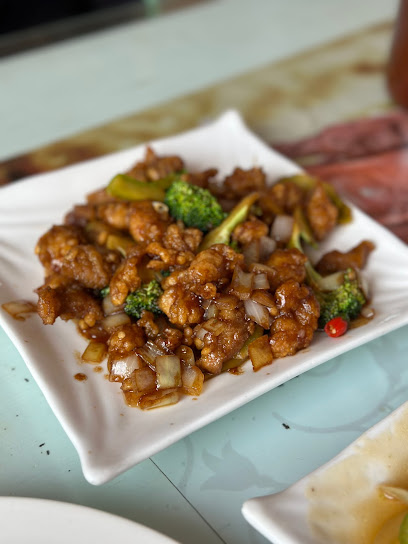
Florrowest Restaurant
Discover culinary excellence at Florrowest Restaurant in Boe, where local flavors meet warm hospitality in an inviting atmosphere.
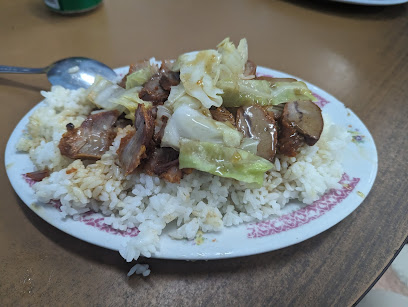
Somewhere Else in Nauru
Discover an unforgettable dining experience at Somewhere Else in Nauru – where local flavors meet global cuisine in a charming atmosphere.
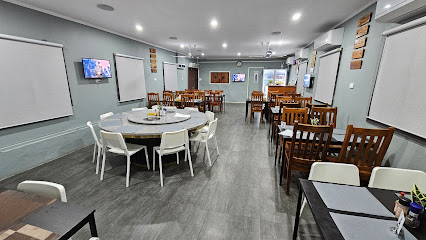
Moon River Restaurant
Experience the essence of authentic Chinese cuisine at Moon River Restaurant in Arijejen with stunning waterfront views.
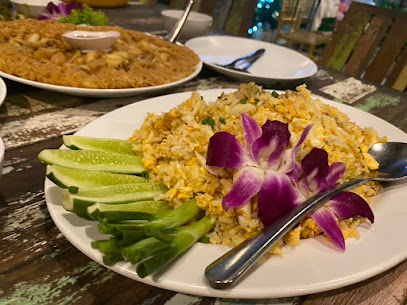
Lucky Tigeress Yum Cha
Discover delightful dim sum and exquisite breakfast flavors at Lucky Tigeress Yum Cha in Arijejen – where every morning begins deliciously.
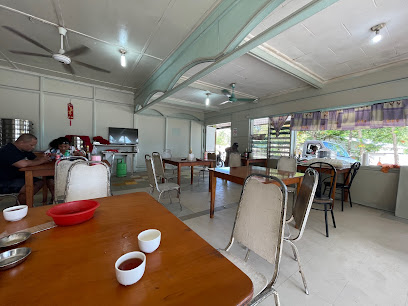
Jullem
Experience authentic Chinese cuisine at Jullem in Anibare - where every dish tells a story.
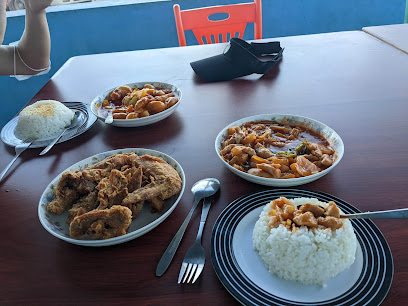
J’ RESTAURANT
Discover the vibrant flavors of China at J’ RESTAURANT in Arijejen, where authentic dishes meet stunning waterfront views.
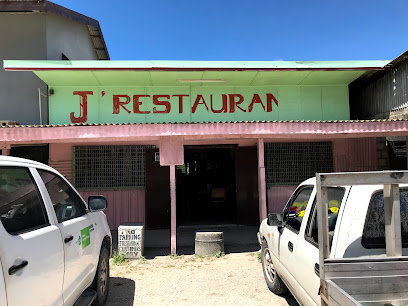
Double J
Experience authentic Ibwenape cuisine at Double J, where local flavors meet inviting hospitality in a charming setting.
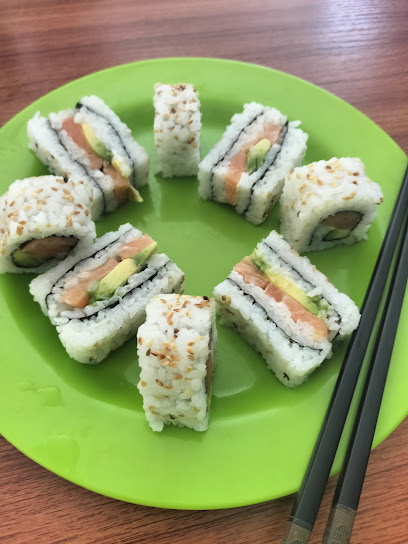
Crystal Kitchen
Discover family-friendly dining at Crystal Kitchen in Anibare—where local flavors meet warm hospitality.
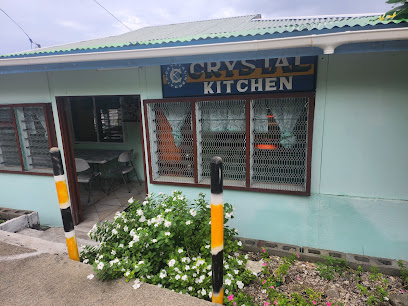
Markets, malls and hidden boutiques
Eigigu Supermarket
Explore the vibrant local culture and flavors at Eigigu Supermarket - your go-to grocery store in Boe, Nauru.
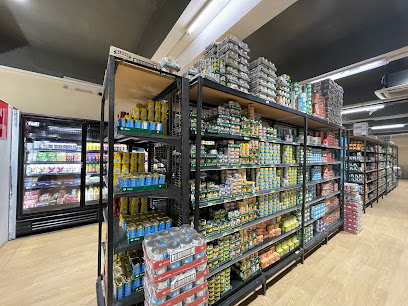
Pacific store
Experience the vibrant flavors of Nauru at Pacific Store, your go-to grocery destination in Nibok for local delights and essentials.
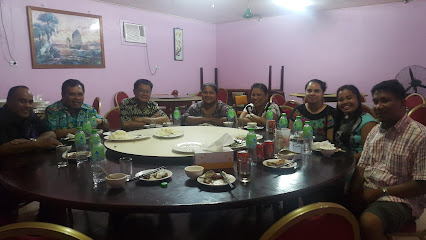
Zombies Store
Explore the eclectic charm of Zombies Store in Yaren, where unique finds and friendly service create a memorable shopping experience.

Vim No.1 Store
Discover local flavors and essentials at Vim No.1 Store in Arijejen, Nauru - your gateway to authentic Nauruan products.
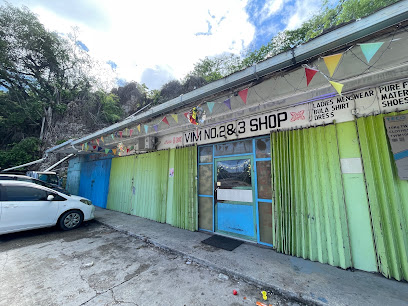
Ataro Bay Store
Ataro Bay Store: A delightful grocery destination offering local flavors and essentials for every traveler in the heart of the island.
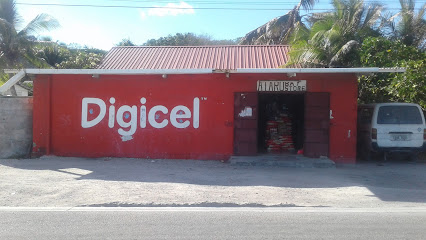
Milton Ross Store
Explore diverse local and international products at Milton Ross Store in Yaren, a delightful supermarket that embodies local culture.
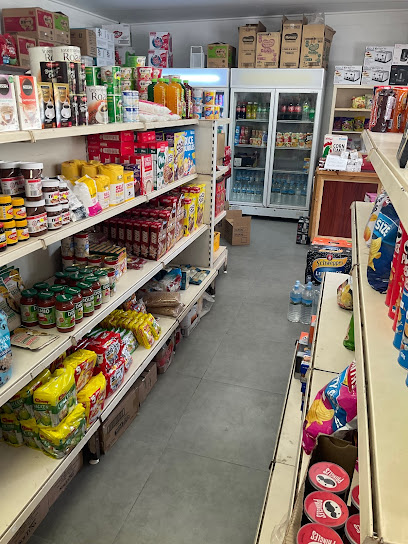
Elizabeth's Garden
Explore the unique local crafts and gifts at Elizabeth's Garden, a charming store in Boe offering friendly service and a delightful shopping experience.
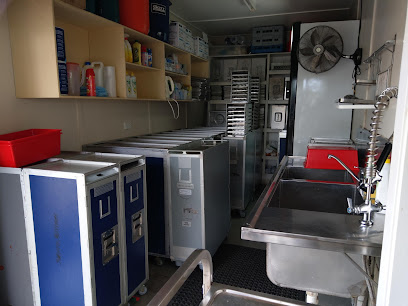
Sunset Corner Enterprise
Discover the charm of Borderline at Sunset Corner Enterprise, your essential stop for local goods and unique souvenirs amidst your travels.

Rainbow Store
Explore Rainbow Store in Baiti for a unique shopping experience filled with local flavors and essential items for travelers.
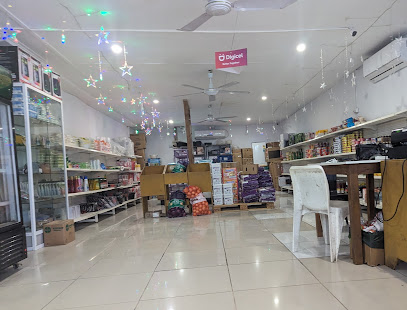
Tuka Luka Store
Explore the stylish offerings at Tuka Luka Store, a unique clothing destination in Yaren, Nauru that showcases local and contemporary fashion.

MyStore
Discover MyStore in Yaren: A delightful general store brimming with local goods and essentials, perfect for tourists and locals alike.

Pick n Save
Explore Pick n Save in Yaren for local snacks and everyday essentials, capturing the essence of Nauru's vibrant culture.
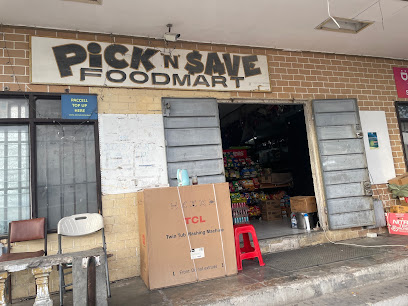
Aredetõ Store
Explore Arenibek with ease at Aredetõ Store, your go-to convenience stop for local goods and essentials.

Halo Store
Explore local culture and find unique souvenirs at Halo Store, the heart of Arenibek's shopping scene.
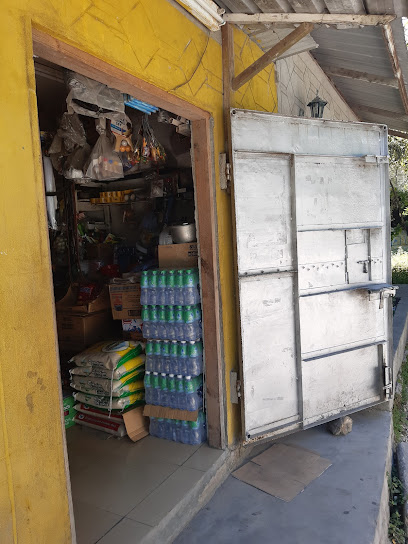
Abwan Warehouse
Explore Abwan Warehouse in Nibok for unique home goods and local craftsmanship that captures the essence of Arijejen's culture.

Essential bars & hidden hideouts
The Bay Restaurant
Experience the culinary delights of The Bay Restaurant in Anibare, where stunning views meet exceptional flavors for an unforgettable dining experience.
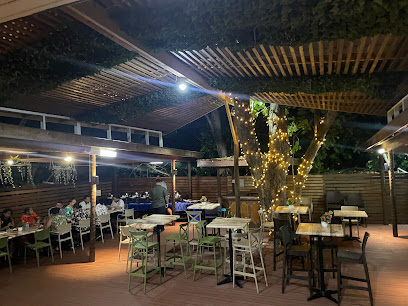
Jules On The Deck
Experience the lively atmosphere and stunning views at Jules On The Deck, the perfect bar for relaxation and entertainment in Nibok.
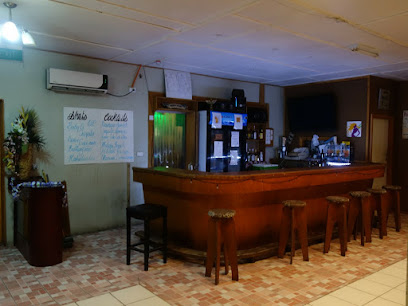
Buada Lagoon
Explore the serene beauty of Buada Lagoon in Arenibek, a hidden paradise offering relaxation, adventure, and vibrant marine life.
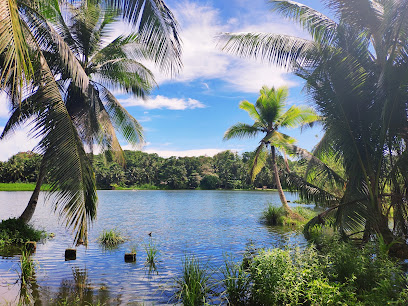
Reef Bar
Experience the tropical charm of Reef Bar in Anibare, the perfect beachside retreat for relaxation and socializing in Nauru.
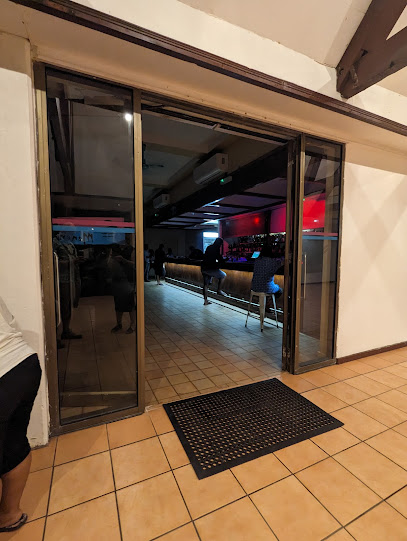
Mr Chippies
Experience the flavors of Anibare at Mr Chippies, where fresh ingredients meet local culinary traditions for a memorable dining experience.
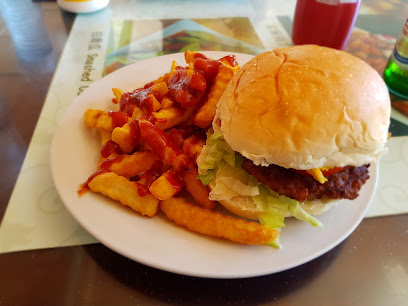
Nauru
Discover the serene island of Nauru: a hidden gem filled with stunning landscapes, rich culture, and unforgettable experiences in the Pacific.
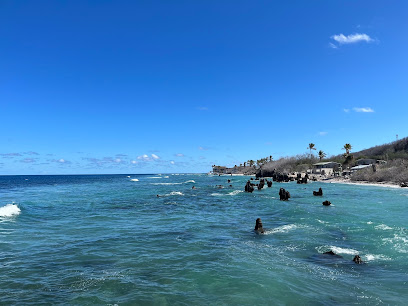
Chinese Restaurant Buada
Experience the best of authentic Chinese cuisine at Chinese Restaurant Buada in Arenibek, where every dish tells a story of flavor and tradition.

Anibare Boat Harbour Restaurant
Experience the flavors of the Pacific at Anibare Boat Harbour Restaurant, where fresh seafood meets stunning waterfront views.
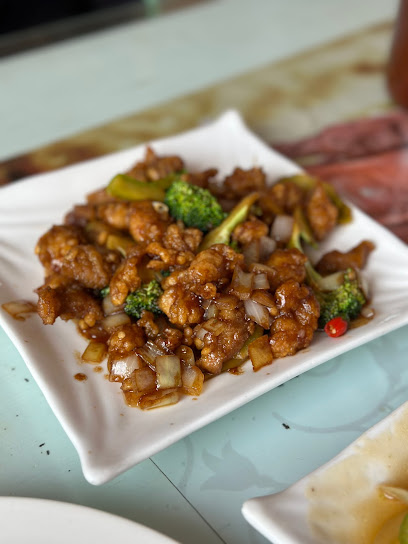
Florrowest Restaurant
Discover the delicious flavors of Boe at Florrowest Restaurant, where fresh, local ingredients meet warm hospitality.
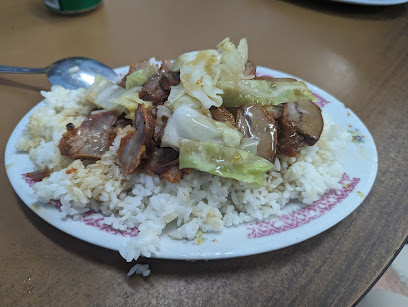
Pick n Save
Experience the vibrant essence of Nauru at Pick n Save, your go-to general store for local products and unique souvenirs in Yaren.
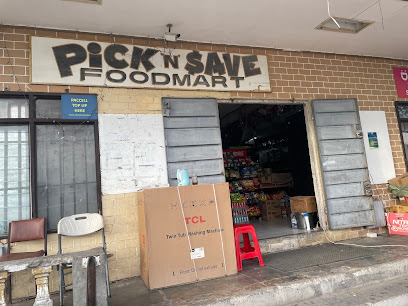
Golden Bridge Restaurant
Savor authentic Chinese cuisine in Yangor, where every dish tells a story of tradition and flavor at Golden Bridge Restaurant.
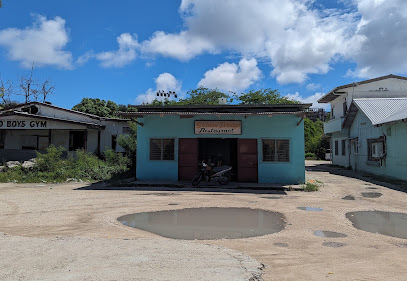
Milk Bar
Experience the delightful flavors of Milk Bar in Yangor, where refreshing milk-based beverages await in a cozy atmosphere.
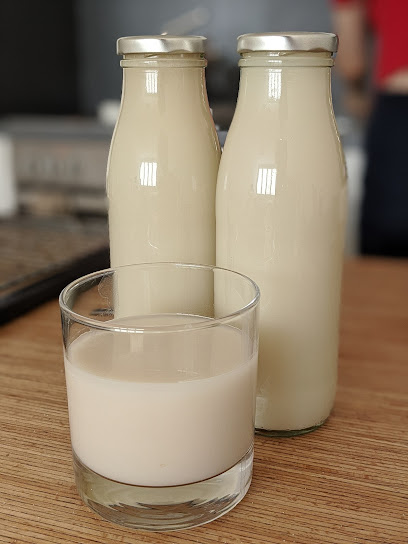
Buada National Park
Discover the breathtaking landscapes and diverse wildlife of Buada National Park, a hiking paradise for nature lovers.

AIA Grog bar
Experience the vibrant nightlife at AIA Grog Bar in Anabar, where refreshing drinks and a lively atmosphere await every traveler.

Local Phrases
-
- HelloIaorana
[YOW-rah-nah] - GoodbyeKaore
[KOW-reh] - YesE
[EH] - NoAere
[AH-reh] - Please/You're welcomeKia orana
[KEE-ah oh-rah-nah] - Thank youMauruuru
[Mah-roo-roo] - Excuse me/SorryPardon
[Pahr-dohn] - How are you?Aita pe?a koe?
[EYE-tah PEH-ah koh-eh?] - Fine. And you?Maitai. E koe?
[MAI-tai. EH koh-eh?] - Do you speak English?K?re koe e k?rer? i te reo?
[KOH-reh koh-eh eh koh-reh-ROH ee teh REH-oh?] - I don't understandKaore au e aroha atu
[KOW-reh oh AH-roh-hah AH-too]
- HelloIaorana
-
- I'd like to see the menu, pleaseE manako au e kite i te mena, ?n?ri
[EH mah-NAH-koh oh eh KEE-teh ee teh MEH-nah, AH-nee-ree] - I don't eat meatKaore au e kai k?ua
[KOW-reh oh eh KAI KOO-ah] - Cheers!Tia maitai!
[TEE-ah MAI-tai] - I would like to pay, pleaseE manako au e utu, ?n?ri
[EH mah-NAH-koh oh eh OO-too, AH-nee-ree]
- I'd like to see the menu, pleaseE manako au e kite i te mena, ?n?ri
-
- Help!Awhina!
[AH-fee-nah] - Go away!Haere atu!
[HIGH-reh AH-too] - Call the Police!Karanga ki te P?rihi!
[Kah-RAH-ngah kee teh PEH-ree-hee] - Call a doctor!Karanga ki te rata!
[Kah-RAH-ngah kee teh RAH-tah] - I'm lostAu i te ngaro
[AH-oo ee teh NGAH-roh] - I'm illAu e mate
[AH-oo eh MAH-teh]
- Help!Awhina!
-
- I'd like to buy...E manako au e hoko...
[EH mah-NAH-koh oh eh HOH-koh] - I'm just lookingE aroha atu au e titiro ?n?ri
[EH ah-roh-hah AH-too oh eh tee-TEE-roh AH-nee-ree] - How much is it?E hia ta?ra?
[EH HEE-ah TAH-rah] - That's too expensiveTino peni
[TEE-noh PEH-nee] - Can you lower the price?K?re koe e raro i te ta?ra?
[KOH-reh koh-eh eh RAH-roh ee teh TAH-rah]
- I'd like to buy...E manako au e hoko...
-
- What time is it?He aha te w?hanga?
[HEH AH-hah teh WOH-hahng-ah] - It's one o'clockKotahi karaka
[KOH-tah-hee kah-RAH-kah] - Half past (10)Tekau me te toru
[TEH-kow meh teh TOH-roo] - MorningAt?rua
[AH-too-roo-ah] - AfternoonApop?ra
[AH-poh-POH-rah] - EveningAhiahi
[AH-hee-AH-hee] - Yesterday?nei
[AH-neh-ee] - TodayInei
[EE-neh-ee] - TomorrowAp?po
[AH-poh-poh] - 1Tahi
[TAH-hee] - 2Rua
[ROO-ah] - 3Toru
[TOH-roo] - 4Wh?
[FAH] - 5Rima
[REE-mah] - 6Ono
[OH-noh] - 7Whitu
[FEE-too] - 8Waru
[WAH-roo] - 9Iwa
[EE-wah] - 10Tekau
[TEH-kow]
- What time is it?He aha te w?hanga?
-
- Where's a/the...?Kei hea te...?
[KAY HAY-ah teh] - What's the address?He aha te w?hitu?
[HEH AH-hah teh WOH-hee-too] - Can you show me (on the map)?K?re koe e whakaatu mai ki ahau (i te mahere)?
[KOH-reh koh-eh eh fah-KAH-too my kee AH-how (ee teh mah-HEH-reh)] - When's the next (bus)?Ahea te p? heke?
[AH-heh-ah teh poh HEH-keh] - A ticket (to ....)He tiki (ki ....)
[HEH TEE-kee (kee)]
- Where's a/the...?Kei hea te...?
History of Buada
-
The history of Buada, like the rest of Nauru, begins with its earliest settlers, the Polynesians. These early inhabitants are believed to have settled on the island over 3,000 years ago. They brought with them advanced fishing techniques and profound navigational skills, forming the foundation of the island's culture.
-
Buada, like other districts in Nauru, was traditionally organized into matrilineal clans. Each clan had its own customs, traditions, and leadership structures, which were integral to maintaining social order and cultural heritage. The elders played a significant role in decision-making and preserving oral histories.
-
In the late 19th century, Nauru, including Buada, came under colonial rule. Initially annexed by Germany in 1888, the island later fell under Australian administration after World War I. The colonial period brought significant changes, including the introduction of Christianity and the exploitation of phosphate resources.
-
The discovery of phosphate in the early 20th century marked a turning point for Buada and the rest of Nauru. The island's phosphate deposits, rich in quality, were heavily mined by colonial powers, leading to economic transformations but also environmental degradation. The local community faced displacement and disruption due to mining activities.
-
During World War II, Nauru was occupied by Japanese forces. Buada, like other parts of the island, experienced hardship and deprivation. The local population faced forced labor and food shortages, and many were relocated to other islands. The war left lasting scars on the community.
-
Nauru gained independence in 1968, and Buada, as part of the newly sovereign nation, embarked on a journey of self-determination. The post-independence era saw efforts to rebuild the local economy and infrastructure, with a focus on addressing the environmental impacts of phosphate mining and rediscovering cultural heritage.
-
At the heart of Buada District lies Buada Lagoon, a freshwater lagoon that has been central to the community for generations. The lagoon is not only a vital water source but also a cultural and spiritual symbol. It has been the site of traditional practices and gatherings, reflecting the deep connection between the people and their natural environment.
-
Today, Buada is a vibrant community that blends traditional practices with modern influences. The district is known for its lush vegetation and agricultural activities, particularly the cultivation of fruits and vegetables. Community events, local crafts, and a commitment to preserving cultural heritage continue to define life in Buada.
Buada Essentials
-
Nauru is a small island nation in the Pacific Ocean, and the only airport is Nauru International Airport (INU). There are limited international flights, primarily connecting Nauru with Brisbane, Australia, and some other Pacific islands. Upon arrival at Nauru International Airport, Buada District is just a short drive away. Taxis and car rentals are available at the airport for your convenience.
-
Transportation in Buada is relatively straightforward due to the small size of Nauru. Most places within Buada are accessible by walking or cycling. Taxis are available and are a common mode of transport. Car rentals can also be arranged if you prefer more independence. There is no public bus service in Nauru, so plan accordingly.
-
The official currency of Nauru is the Australian Dollar (AUD). Credit cards are not widely accepted, so it is advisable to carry cash for most transactions. There are limited ATMs on the island, so ensure you withdraw enough cash before traveling to Buada. Larger hotels and some stores may accept credit cards, but this is not guaranteed.
-
Buada is generally a safe place for tourists. However, as with any travel destination, it is important to exercise standard precautions. Avoid walking alone at night and keep an eye on your belongings in public areas. There are no specific high-crime areas targeting tourists, but it is always best to stay vigilant and aware of your surroundings.
-
In case of an emergency, dial 110 for police assistance, 111 for fire emergencies, and 112 for medical emergencies. Buada has a local police station and medical facilities. It is highly recommended to have travel insurance that covers medical emergencies. For minor health issues, there are pharmacies where you can purchase over-the-counter medications.
-
Fashion: Do dress modestly, especially when visiting local communities. Avoid wearing overly revealing clothing. Religion: Do respect local customs and traditions. Public Transport: There is no formal public transport system; taxis and walking are common. Greetings: Do greet people with a friendly nod or handshake. Eating & Drinking: Do try local dishes and accept food offerings graciously. Don't refuse hospitality, as it is considered impolite.
-
To experience Buada like a local, visit the Buada Lagoon, where you can enjoy the serene environment and interact with locals. Engage with residents, as they are often friendly and willing to share stories about their community. Don't miss trying local food specialties, such as fresh seafood and traditional Nauruan dishes. For a unique experience, participate in community events or festivals if your visit coincides with any.
Nearby Cities to Buada
-
Things To Do in Boe
-
Things To Do in Denigomodu
-
Things To Do in Aiwo
-
Things To Do in Uaboe
-
Things To Do in Anibare
-
Things To Do in Yaren
-
Things To Do in Ijuw
-
Things To Do in Anabar
-
Things To Do in Kosrae
-
Things To Do in Mili
-
Things To Do in Majuro
-
Things To Do in Aur
-
Things To Do in Lata
-
Things To Do in Auki
-
Things To Do in Tulagi




